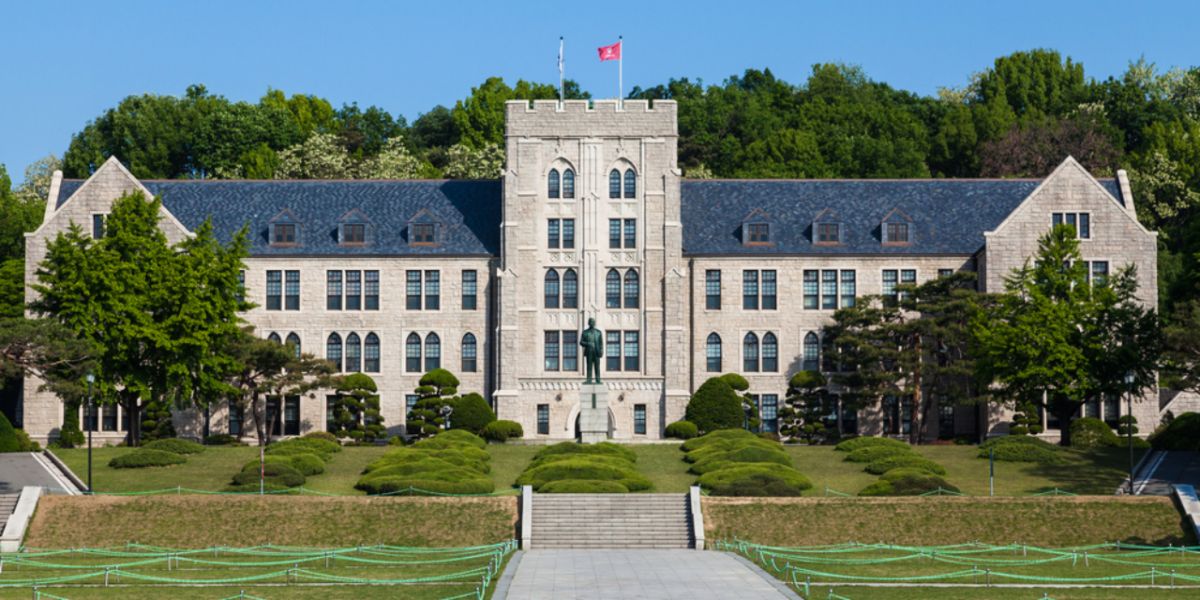
Over the years, Seoul has become a choice destination for students wanting to complete part or all of their studies or even career abroad. Here is what you need to know if you are looking to study in one of Asia's most powerful and dynamic cities.
The South Korean higher education system
South Korea has more than 500 institutions of higher learning. According to the QS World University Ranking - published annually by the English company Quacqarelli Symonds - the “Land of Morning Calm” counts six institutions amongst the 150 best in the world. Amongst these, the three best universities of Seoul (all of which are public) form SKY (Seoul National University, Korea University and Yonsei University). Every year there is a national competition for high school students, the results of which determine the level of university available to future students.
As an international student, you will not follow the same path of integration into the Korean education system. However, the formalities are very different from what you might be used to.
The university system in South Korea
The first Korean university degree (haksa) is taken over four years. Then comes the Seoksa which is prepared in two years, and finally Paksa, which is undertaken in three years.
Nevertheless, universities are not the only institutions to host international students; there are also institutes in various subjects, including languages. To help future international students find the most suitable institution, the Korean government has set up a dedicated website - Study In Korea. Although this may not be comprehensive enough to select your specific training, it should help target those institutions that welcome international students.
In terms of training, this depends on each university, but courses are diverse and can range from a financial MBA or learning the Korean language to studies in history, art or culture.
Not all training offered in Korea leads to European-equivalent diplomas, especially for private universities, which are more expensive than public universities.
Taking free courses in Korean is also possible at Seoul Global Center or Korea Foundation Cultural Centre, but these are not graduating courses and do not give access to a student visa.
How to access higher education in Seoul
The easiest way to study in Seoul from Europe is via a student exchange. You will need to approach the relevant office at your local institution to find out if there is an exchange agreement already in place between your university and one or more Korean institutions.
In the case of student exchange, tuition fees for your studies in South Korea will be the same as for your registration in your home institution.
If you want to study in Seoul without being a student in exchange, the terms will differ depending on the institution you choose. Everything you need to know will be explained on the websites of the universities and institutes in question.
To be eligible to apply, you will usually need to collect together some documents, including registration forms, photocopies of all your diplomas (a translation may be required), a photocopy of your ID proving your nationality, letters of recommendation and motivation, bank guarantees and a certificate proving your level of language in English or in Korean (TOEFL or TOPIK, for example).
Start your process well in advance of your planned studies - your dossier may need to be sent as early as one year in advance of the school year into which you hope to enter.
Your visa can only be requested upon receipt of a certificate of acceptance by a Korean school, but if you are in possession of this document, it's rare to be denied the student visa.
Tuition fees in Seoul universities
Tuition fees for students who are not dependent on an exchange programme are much higher than in many European countries, with an average of around 6,000 euros for the school year, i.e. two semesters of four months each. Scholarship systems exist that depend on the student's economic situation or academic performance and are awarded on a case-by-case basis by the institution, or by national associations.
Although the steps may seem daunting, expatriation as a student is the easiest and safest way to obtain a long-term visa to Korea.
Useful links:
Universities in Seoul
Top Universities Rankings
Yonsei University - MBA
Korean Language Institute
Sogang University
Korea Foundation for Advanced Studies
National Institute for International Education
We do our best to provide accurate and up to date information. However, if you have noticed any inaccuracies in this article, please let us know in the comments section below.








